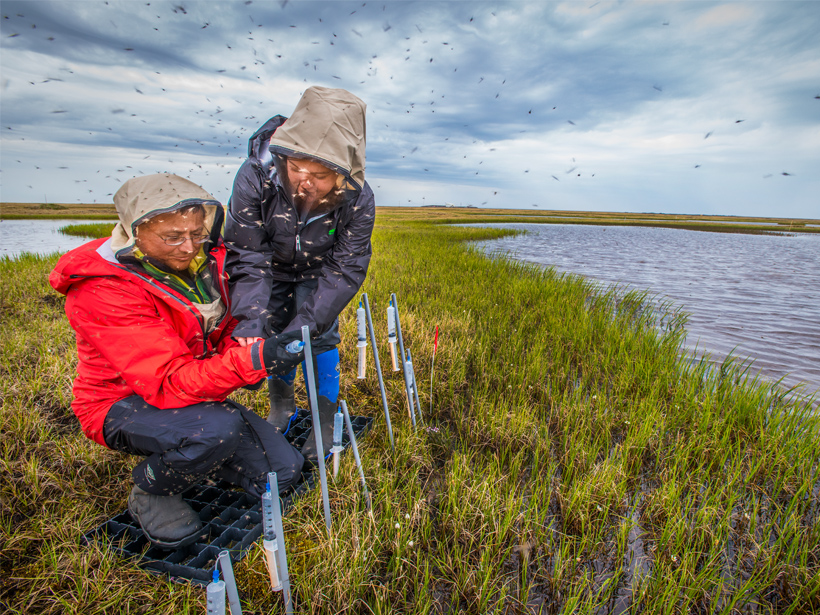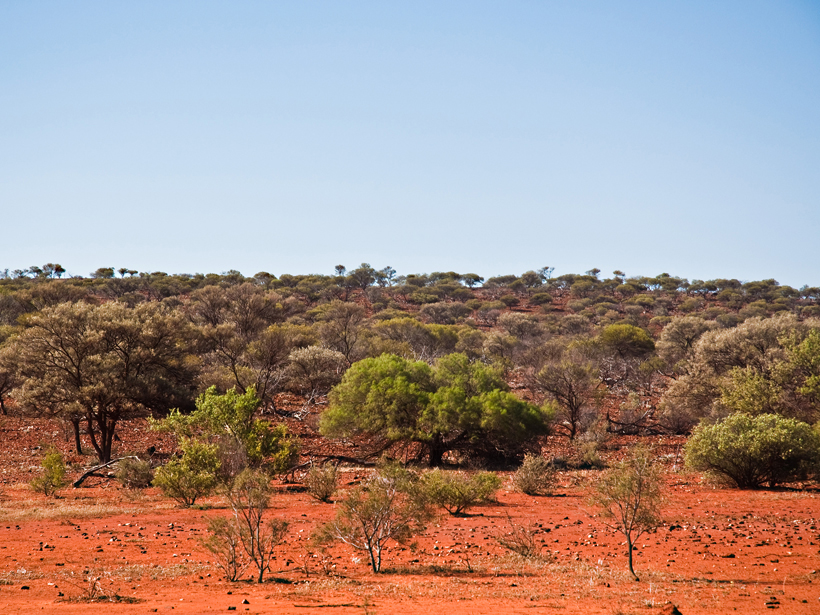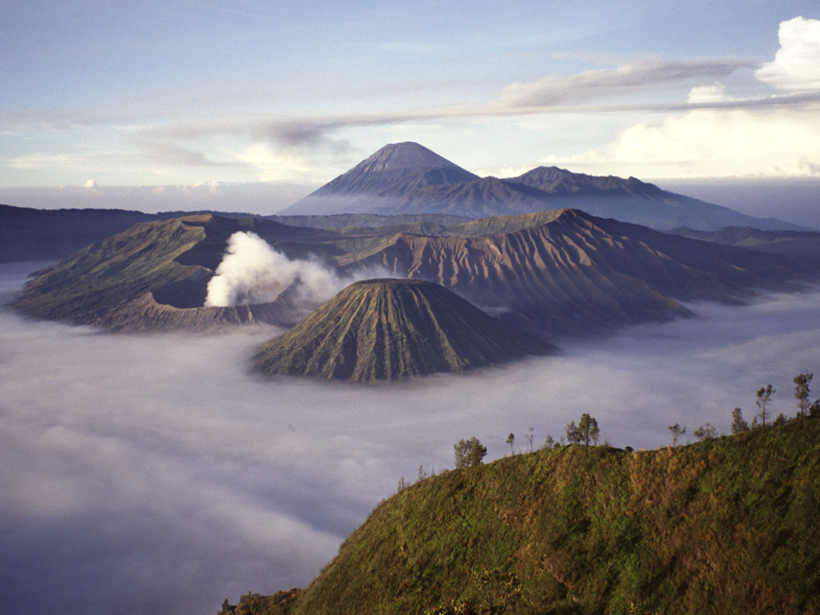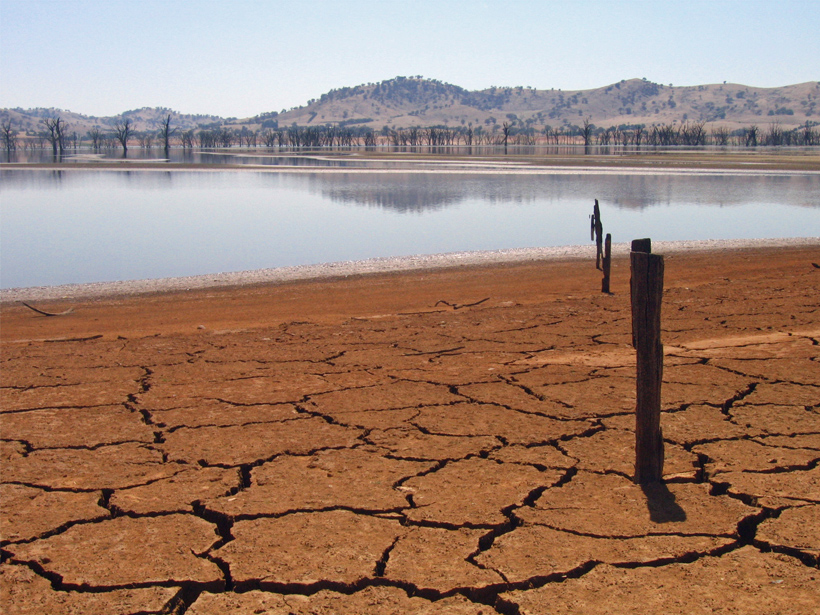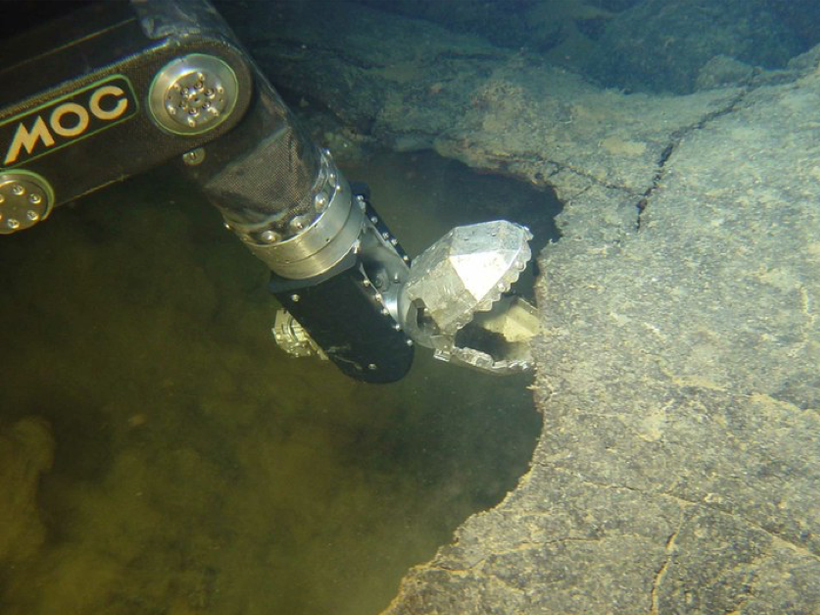Australia is a continent of extremes, and researchers find that some ecosystems are better equipped than others to deal with the country's characteristic extreme climatic variation.
Kate Wheeling
Kate Wheeling is a freelance journalist based in Santa Barbara, Calif. She writes about the environment, climate change, energy, and our relationship with the natural world. She was previously a staff writer at Pacific Standard, covering both environmental and criminal justice. Her work has also appeared in Outside, The New Republic, Medium, and elsewhere. She has a master’s degree in science journalism and a bachelor’s in behavioral neuroscience.
Illuminating the Controls of Convection
Researchers compare observations and models of air circulation over the tropics to determine if simulations capture how the environment shapes convection.
Tracking Carbon in the Alaskan Arctic
Researchers trace carbon through Arctic soils and find an unlikely source of methane and surprisingly low methane oxidation in watersheds throughout northern Alaska.
Satellites Reveal a Temporary Carbon Sink over Australia
Satellite measurements of atmospheric carbon dioxide provide insights into how droughts and floods influence the carbon cycle on the semiarid continent of Australia.
Can Meteorite Impacts Disturb a Planet's Magnetic Field?
Such disturbances probably do not occur on our own planet, but evidence for them might still exist elsewhere in the solar system.
Forecasting Eruptions at Restless Calderas
Scientists review decades of data on swarms of earthquakes, surface deformation, degassing, and microgravity changes around calderas to determine when such forms of unrest may result in eruptions.
A Big Climate Driver in a Small Ocean Basin
Scientists review Atlantic Ocean circulation variability and its applications for predicting decadal climate variation.
The Coming Blue Revolution
Managing water scarcity, one of the most pressing challenges society faces today, will require a novel conceptual framework to understand our place in the hydrologic cycle.
An Ionospheric Index to Predict Earthquakes Falls Short
Scientists disagree about the validity of the spatial scintillation index, a tool that aims to forecast earthquakes based on atmospheric disturbances.
New Insights into the Composition of Inner Earth
Isotopic signatures in volcanic basalts show that Earth's interior is even less uniform than scientists previously thought.



